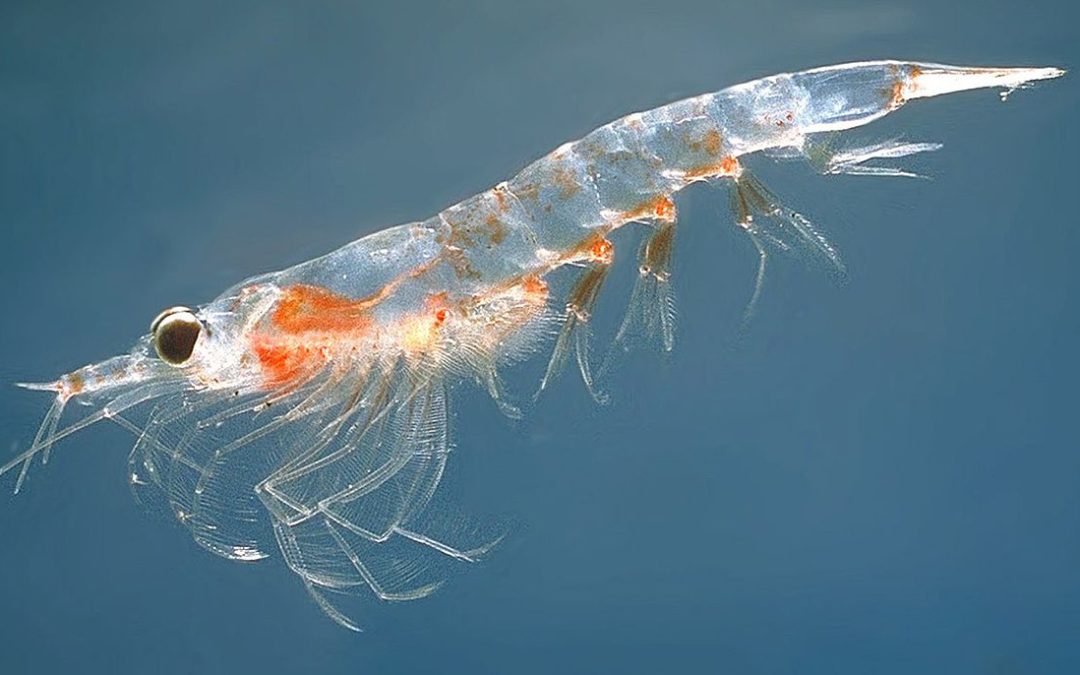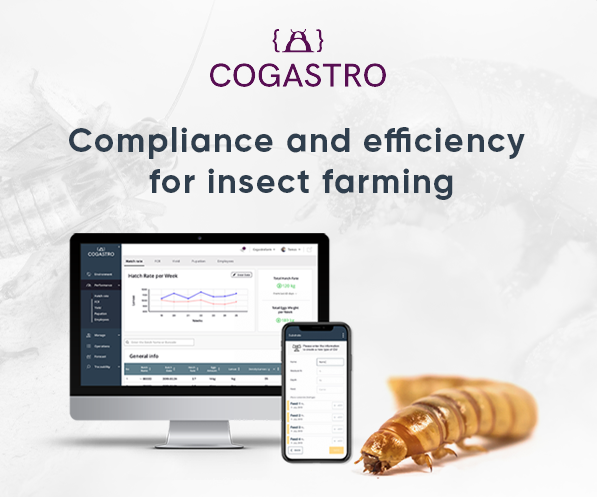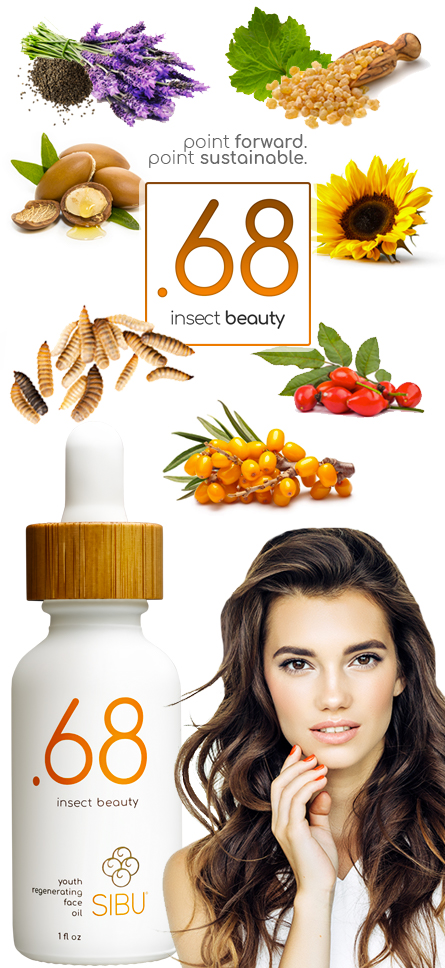There are a number of important vitamins and minerals that the typical vegan diet usually doesn’t get enough of:
- Vitamin B12
- Calcium
- Iron
- Zinc
- Creatine
- Omega-3 fatty acids
Most of these are easily solved through supplementation and eating insects. Protein, as I’ve noted previously, isn’t actually an issue for vegans and vegetarians as it’s possible to get enough from a healthy plant-based diet, but an infusion of insect protein is for sure an improvement. Especially when going after those #entogains like I am! 🙂
Where I have realized there’s a lack in the entovegan diet, though, is in omega-3 fatty acids.
OMEGA-3 FATTY ACIDS IN INSECTS
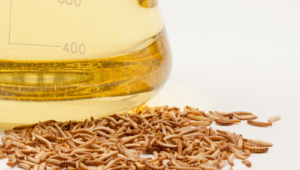 Insects such as crickets do contain omega-3 fatty acids, but they’re the ALA type, which is much less effective in the human body than EPA and DHA. In doing some research on the topic, I came across this explanation:
Insects such as crickets do contain omega-3 fatty acids, but they’re the ALA type, which is much less effective in the human body than EPA and DHA. In doing some research on the topic, I came across this explanation:
There are three main kinds of omega-3s: eicosapentaenoic acid (EPA), docosahexaenoic acid (DHA), and the plant-based alpha-linolenic acid (ALA). EPA has a stronger link with inflammation, DHA has a closer tie to mental health.
The problem for vegans is that seeds and nuts only contain ALA, while the health benefits of omega-3 fatty acids have been almost entirely linked to EPA and DHA. After chugging flaxseed oil or supping a chia pudding, the body needs to go to work converting ALA into EPA and DHA.
And frankly, we suck at it: It’s commonly estimated that just five to ten percent of ALA is converted to EPA and two to five percent makes it to DHA. To simplify matters, that means 90 percent of your typical plant-based EPA and DHA is being lost in digestion.
So, basically, similar to the issue with Phytic Acid blocking nutrient intake, a plant-based diet high in ALA fatty acids is also going to be facing a blockage of conversion to the more important EPA and DHA – which means supplementation is in order, because
…insect oils contain primarily short-chain omega-3s such oleic linoleic acid and linoleic acid while fish oils contain these acids as well as the even more beneficial longer-chain fatty acids, EPA and DHA.
Entovegans don’t eat fish or consume fish oil though, so how can I get enough of the omega-3’s that I need?
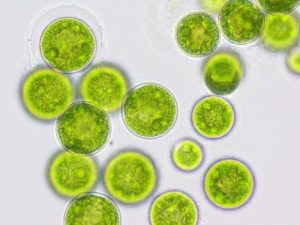 I’ve been eating seaweed, as it’s delicious, plentiful, and cheap here.
I’ve been eating seaweed, as it’s delicious, plentiful, and cheap here.
But as my buddy Entotarian pointed out the other day, “dude, you’d have to eat like 100lbs a week to get enough omega-3 to mean anything!”
And I’m definitely not eating that much haha.
But there are algae supplements on the market, and studies have shown their effectiveness.
Another 2014 scientific review published in Critical Reviews in Food Science and Nutrition found that algal oil serves as an effective alternative source of DHA; studies showed that ingestion of algal oil led to significant increases in blood erythrocyte and plasma DHA. This has promoted future studies that focus on the vegetarian options for people in need of omega-3 fatty acids.
However, it seems there is much debate about the actual affects on the human body from the plant-based algae oil, compared to animal sources of omega-3 fatty acids. Which brings me to the Entovegan solution: Krill oil!
KRILL, A MEMBER OF PANCRUSTACEA
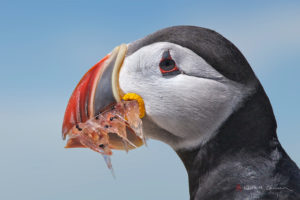 One of the great things about the Entovegan philosophy of consuming insects and other arthropods, is the acceptance of Pancrustacea in the diet. This includes shrimp, lobster, and yes, also krill!
One of the great things about the Entovegan philosophy of consuming insects and other arthropods, is the acceptance of Pancrustacea in the diet. This includes shrimp, lobster, and yes, also krill!
Krill oil is similar to fish oil, but studies have shown that the omega-3 in krill oil is in a more bioavailable form, and thus the fatty acids are more easily absorbed into the human body.
In addition to a well-balanced diet, krill oil can be an excellent source of beneficial phospholipids. A distinct advantage of krill oil is that it provides long chain fatty acid phospholipids.
This means that the fatty acids bound to the phospholipids in krill oil include EPA and DHA, which is usually not the case with phospholipids derived from plant sources. Krill oil can also serve as an alternative source for people who may have challenges tolerating other food sources.
Krill phospholipids are quickly recognized by the body, and phospholipid-bound fatty acids can provide select advantages in digestibility, absorption and utilization.
There are other benefits from krill oil over fish oil or algal oil too:
The EPA and DHA in krill oil are in the form of phospholipids (fats with a phosphate group), while in fish oil, they are in the form of triglycerides. Phospholipids enhance omega-3 absorption but triglycerides do not [R].
Additionally, the phospholipids in krill oil protect membranes from free radicals and prevent cell damage [R].
Krill oil also uniquely contains the antioxidant astaxanthin, a pigment that protects the unsaturated bonds in EPA and DHA from oxidative damage [R, R].
So krill oil seems like a great solution for an Entovegan – one that vegans and vegetarians wouldn’t be able to take advantage of, without the ‘ento’ aspect – but it’s also the most expensive form of omega-3 oil available. And I’m not even sure if I’ll be able to get it in Phnom Penh.
Additionally, for some people who have shellfish allergies, krill oil may cause a reaction (but insects might also). Just a warning on that.
WILL IT WORK FOR ME?
I’m going to see if I can get Krill Oil in Cambodia, which might be a stretch – there is plenty of fish oil, but I’m not sure I’ve seen krill, even at high end pharmacies. [Update: I found some! Only cost me $38 for a bottle of 80 servings] But I’m going to look today and see what I can find, because I’ve started to notice some differences in mood and mental clarity during the past few weeks, and one reason for that may be a lack of omega-3’s.
It was interesting to note that when I started on a plant-based diet earlier this year, for the first 2-3 months as my body detoxified and cleaned itself out, I noticed a definite positive change in mental clarity.
Now, after many months and a very consistent plant and insect diet, I’ve started to see continued positive physical changes, but especially lately I’ve been more susceptible to getting moody, ornery, and feeling a bit cloudy mentally at times.
I just kind of chalked it up to annoyance with having to eat a really strict diet and eating the same things every day, but from doing research on this omega-3 topic, I think it might have more to do with my low fatty-acid intake.
So I’m continuing my education through this process. If I can find some krill oil here I’ll be stoked – but I might have to get on Lazada (SE Asia’s amazon.com) and order it from Thailand or Japan if none of the stores have it.
Have you taken krill oil? Let me know how it worked for you!
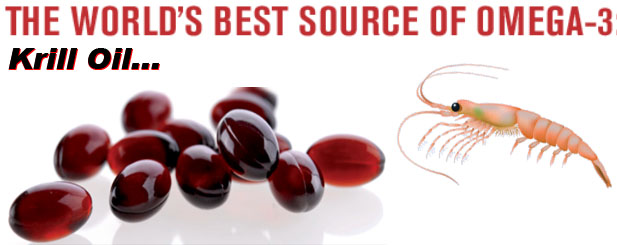
Or so they say…
——————————————————————————-
Sources:
https://tonic.vice.com/en_us/article/gqynxw/the-fatal-flaw-of-the-vegan-diet
https://www.mnn.com/food/healthy-eating/blogs/can-we-benefit-omega3s-insects

